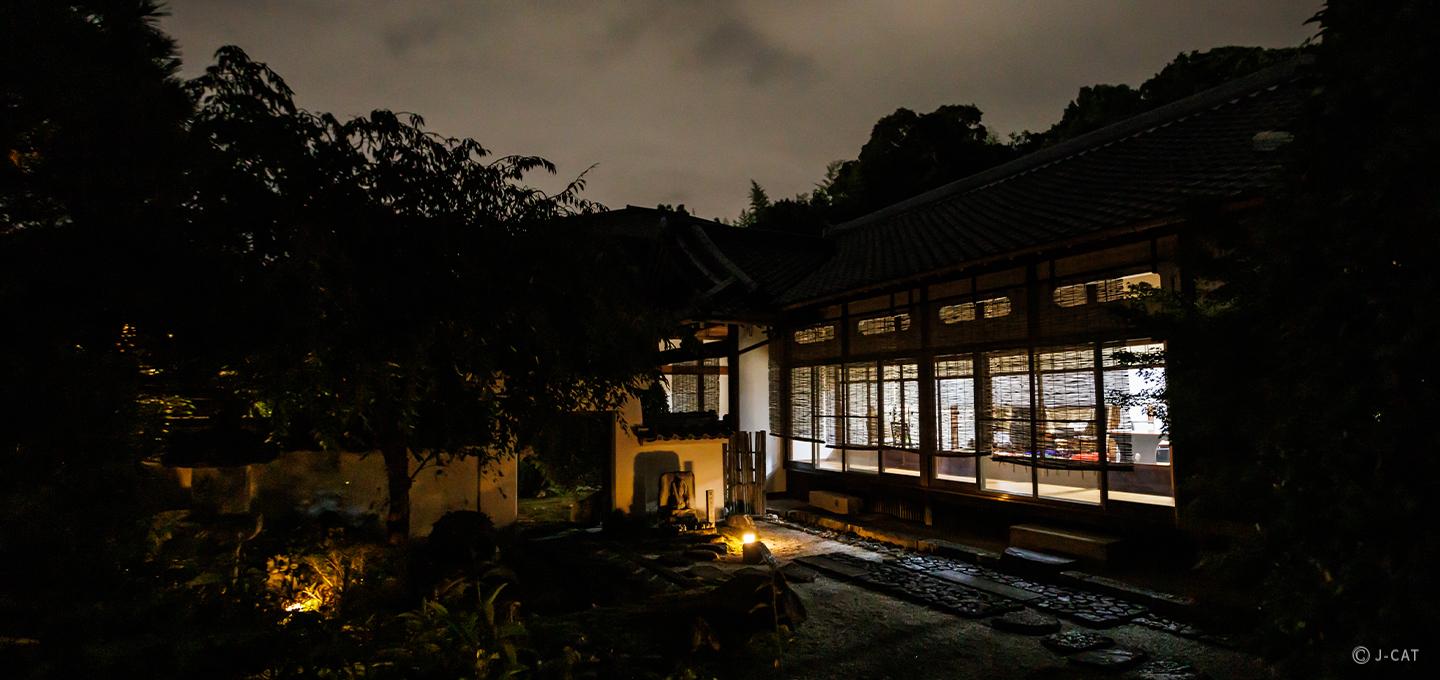
Special Experience
Kyoto
An Evening of Tranquility: Private Zazen and Unique Plant-Based Buddhist Cuisine
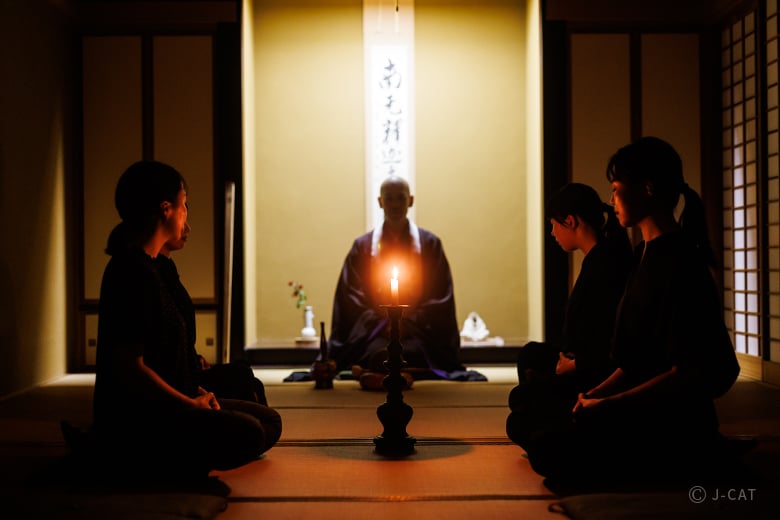
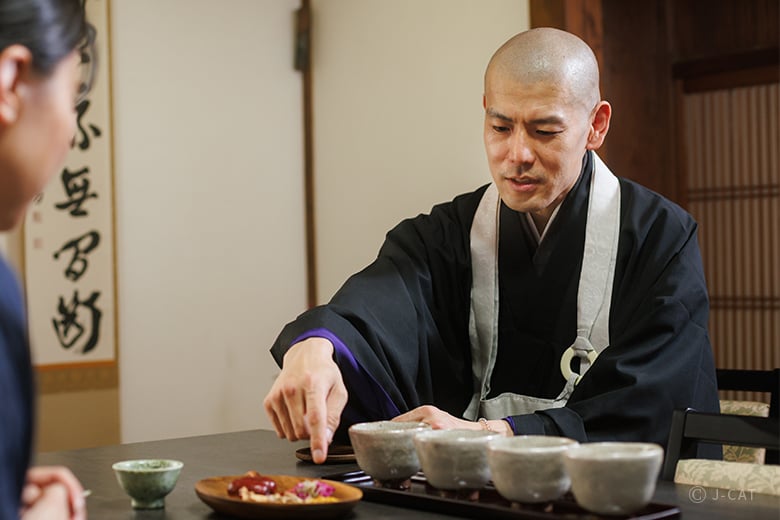
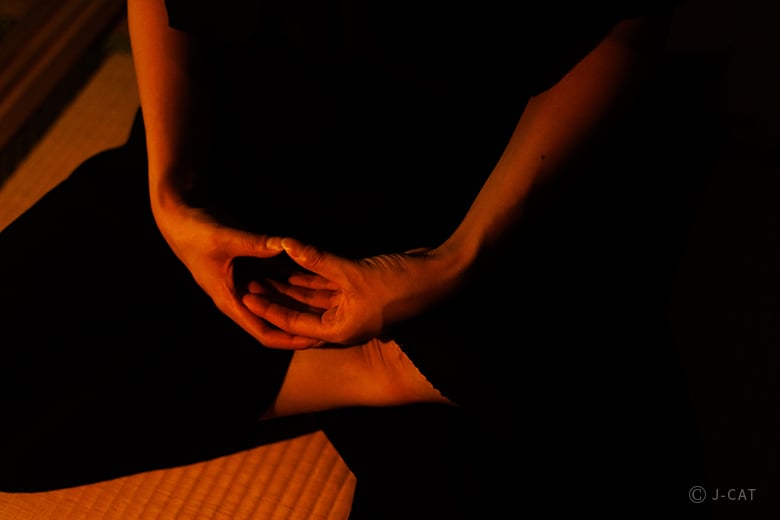
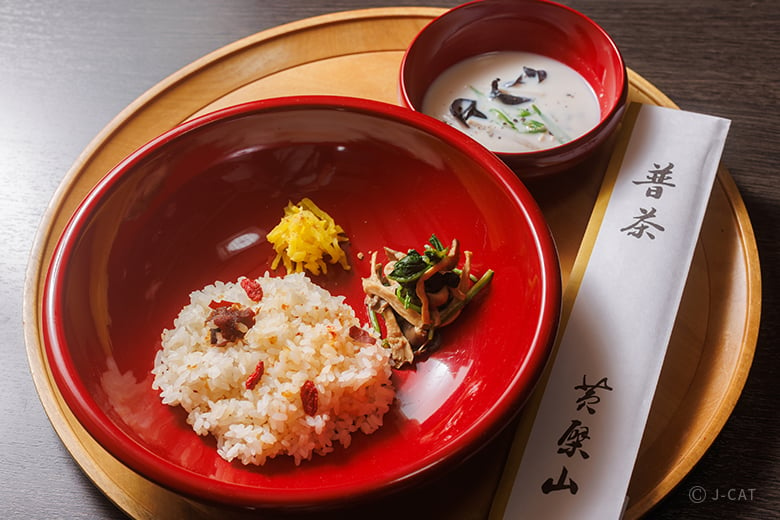
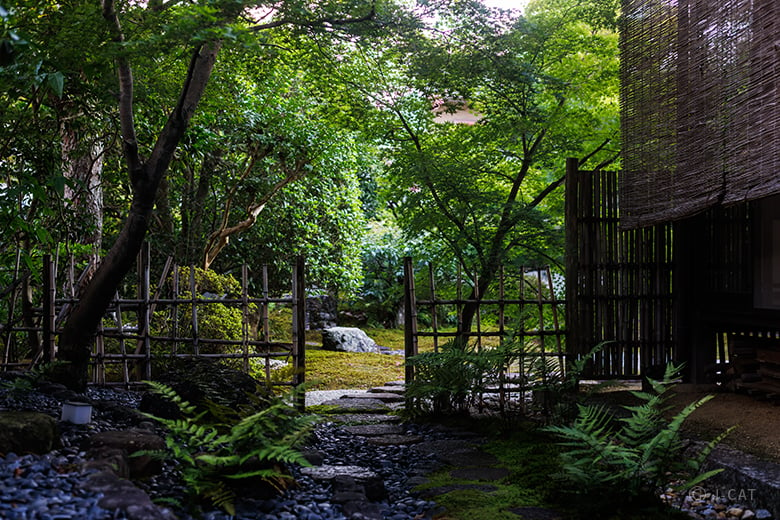
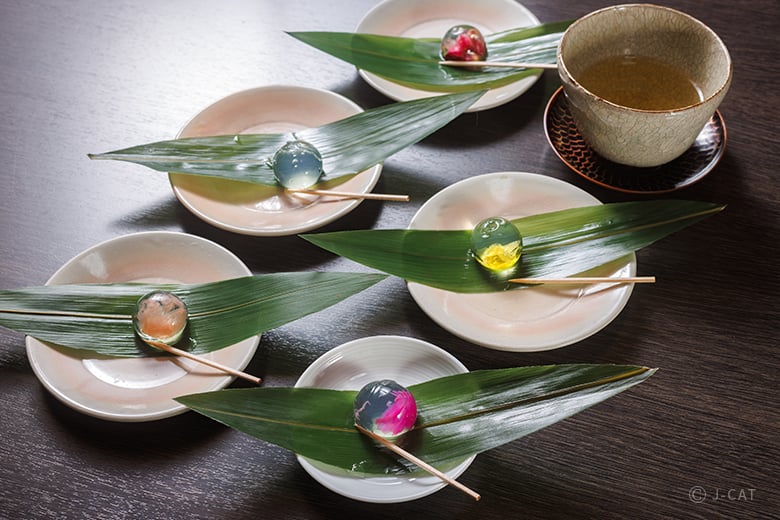
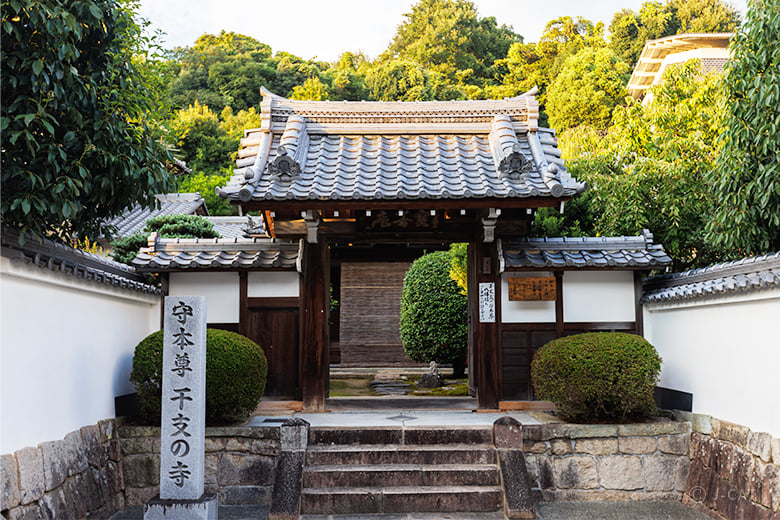
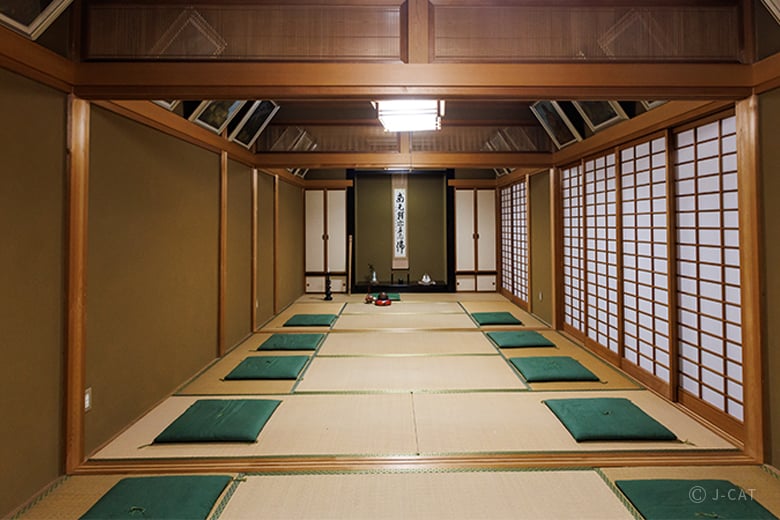
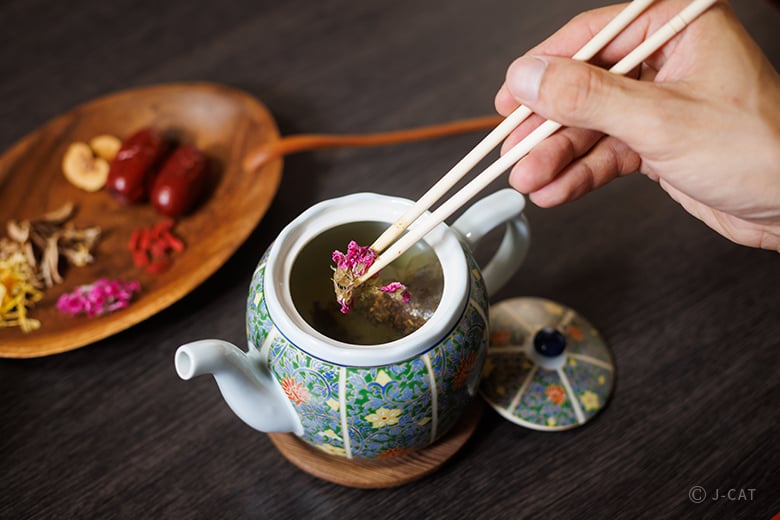
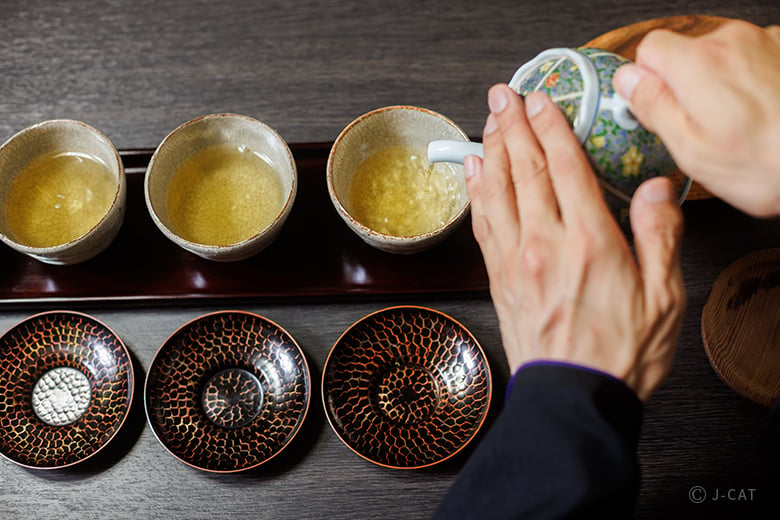
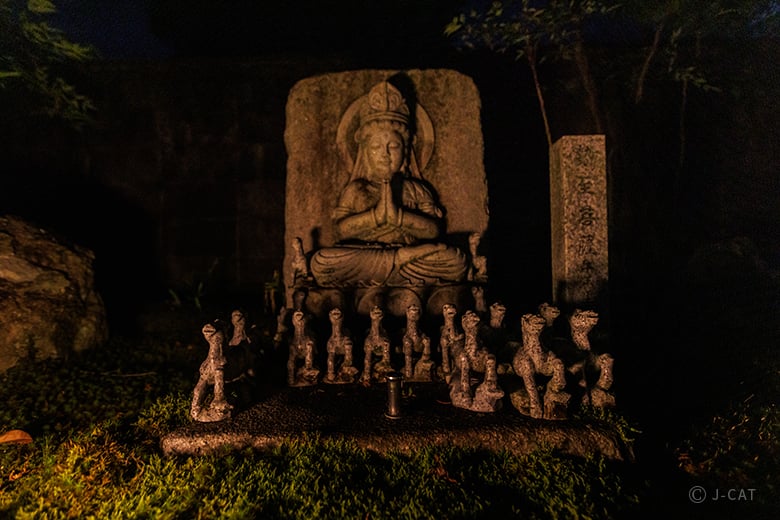
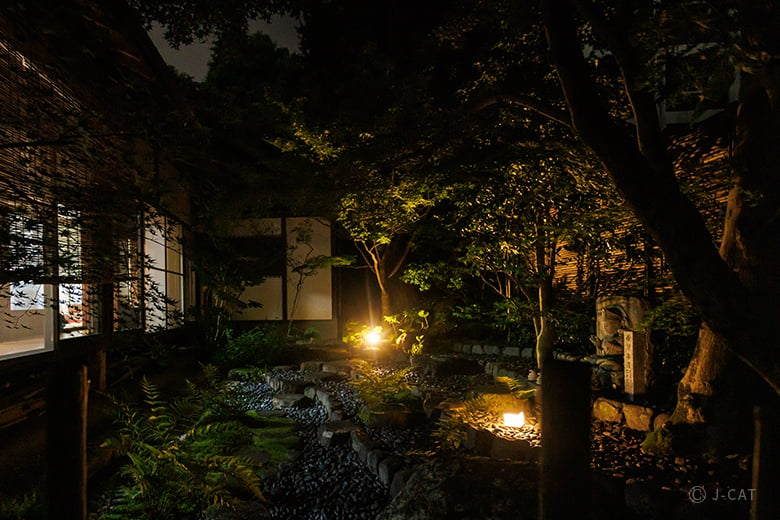
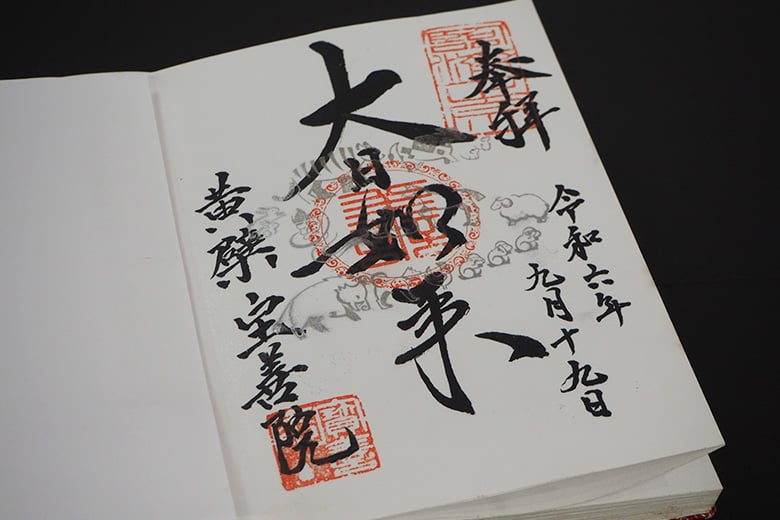













Overview
Cultivate your inner peace with a private evening experience at Hozenin Temple, a hidden gem accessible via a short train ride from Kyoto Station. Under the guidance of its deputy head priest, balance your body, breathing, and mind by practicing zazen by candlelight and tasting wholesome ingredients in a shojin ryori meal, that blends Japanese and Chinese plant-based Buddhist cuisine and harnesses his expertise as the lead chef of Mampuku-ji, the nearby head temple. After chatting with him over tea and a beautiful dessert, visit the statue of your guardian deity and receive a goshuin seal tailored to your Japanese Zodiac sign as a memento of your evening.
Key Features
・Experience a nighttime zazen session at a hidden gem, Hozenin Temple, under the guidance of its deputy head priest, also the lead chef of its head temple
・Savor a unique shojin ryori meal incorporating elements of its Chinese equivalent, freshly prepared with healthy ingredients
・Chat with the deputy head priest over tea and a stunning kanten jelly dessert
Kyoto
120mins
from ¥28,000 /person
1 - 8 participants
Available in English
Cancel free up to 8 days prior
Details
Take the Road Less Traveled for an Evening of Peace
A short train ride from Kyoto Station, the city of Uji is beloved for its high quality matcha, lush greenery, and peaceful atmosphere. Find an even deeper level of tranquility during a special evening at a hidden gem: Hozenin, a temple belonging to the Obaku school (one of the three main schools of Japanese Zen).

Before the sun sets, admire the temple and surrounding greenery bathed in its gentle rays
Obaku Zen was introduced to Japan by Ingen, a Chinese monk who also brought many kinds of food that we take for granted today, from lotus roots to bamboo shoots, as well as sencha, a staple of Japanese tea. He then went on to found the head temple, Mampuku-ji, in 1661, with the establishment of Hozenin by his disciple Dokushin Seiei following in 1690. The school’s Chinese roots are still apparent today, from the distinct design of Mampuku-ji’s gates to the colorful fucha ryori served as a Chinese version of shojin ryori, or traditional plant-based Buddhist cuisine.

Balance your body and mind during a private evening visit
Removed from the hustle and bustle of central Kyoto, an evening at Hozenin is an ideal opportunity to relax both mind and body, as well as learn about elements of Buddhist culture.
Calm Your Body, Breathing, and Mind with Nighttime Zazen
Your guide at Hozenin is the deputy head priest, Soshi Hata, who also serves as Mampuku-ji’s head chef. Engaging with the local community through zazen sessions and cooking classes that convey the spirit of Obaku Zen, he hopes that this experience will help visitors to unwind while enjoying the quiet of the cozy temple.

Hata serves the community not only through his duties as deputy head priest, but also with his cooking expertise
First, gain insights into the Buddha’s teachings with a Buddhist lecture whose theme will vary depending on the day. Then, ready yourself to engage all five senses as you begin the zazen meditation. Rather than trying to drive out every thought and emotion, Hata encourages you to accept and contemplate them; it may be as simple as the scent of that month’s incense, the flickering of the candle, the stillness of the temple - or perhaps deeper musings or worries that have recently occupied your mind. From there, it will gradually reach a state of calm.
Hata likens practicing zazen to mixing a glass of muddy water: “Bit by bit, the mud sinks to the bottom and leaves the water on top clear and pure, much like one’s heart after zazen. I hope that visitors will be able to experience this at Hozenin.”

Let thoughts and emotions freely enter your mind
It may seem challenging for first-timers, but rest assured that this session does not prioritize rigid protocols and postures. Visitors who find it difficult to sit on the floor can simply use a chair. If you need something to center yourself, try the breathing method taught to you by Hata, which may help you to achieve “choshin, chosoku, choshin” - calming your body, breathing, and mind.
Plant-Based Buddhist Cuisine Combining Simple, Healthy Ingredients and Chinese Influences
After finding balance through zazen, refresh yourself with a unique shojin ryori meal crafted by Hata. While shojin ryori is increasingly gaining recognition outside Japan as a plant-based cuisine, this is a novel interpretation that incorporates elements of China's fucha ryori, also introduced by Obaku Zen founder Ingen. (Note: The menu for this experience is vegetarian-friendly but not suitable for vegans.) The former typically emphasizes simplicity, with each bite thoroughly savored to appreciate the person who prepared it and the food itself. Meanwhile, the latter brings people together during special celebrations for a lively meal, sparking conversation with colorful ingredients arranged on communal platters.

Savor an intriguing blend of Japanese and Chinese Buddhist cuisine (ingredients used will vary depending on the season)
Hata’s shojin ryori is also inspired by the concept of yakuzen ryori, or medicinal cooking. His research led him to realize that many foods consumed by him and other monks already fell under the category of yakuzen as ingredients with various health benefits. Your meal will include a harmony of such ingredients - all selected according to the season and Hata’s expertise - in a main dish and soup. Dairy free, gluten free, and halal diets can also be accommodated.

An example of the wholesome ingredients served, including goji berries and wood ear
You’ll also have the chance to sit back and chat with Hata as he prepares medicinal tea to go with your dessert, an exquisite kanten (agar) jelly enclosing an edible flower, plum, or other treat.

Named by Ingen, the founder of Obaku Zen, kanten jelly can be used as a beautiful vessel (ingredients inside vary with the seasons)
Like the rest of the experience, no tea will be exactly the same as that of another evening. The various tea leaves and cups are from the temple and his own collection, to be completed by a final touch: your preferred yakuzen ingredient, which could be anything from goji berries to marigold petals.

Hata will advise you on the health benefits of each ingredient
By serving these meals, Hata hopes to extend the “choshin” (calm body) component of zazen to the rest of your evening at Hozenin and beyond, which will in turn aid your mind and breathing. With his help, take the time to find the harmony within as you soak up the tranquility of the temple at night.
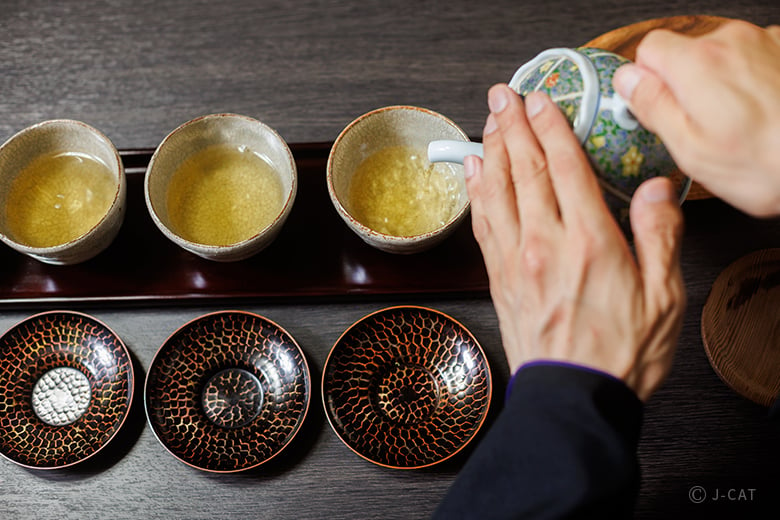
Chat over a relaxing cup of tea that will contribute to a calm body and more
Discover Your Guardian Deity and Observe Goshuin Seal Writing
Before you part with Hata, step outside to view the statue of your guardian deity. Hozenin is home to a series of eight statues, each depicting Buddhas who watch over people of certain Zodiac animals. It is said that praying to them will protect one’s peace. While such statues are present in other temples, it is rare for all eight to be enshrined in one place.

Daiseishi Bosatsu (Mahasthamaprapta), the guardian of people born in the Year of the Horse
Finally, watch Hata handwrite an elaborate goshuin, a seal signifying that you have visited and prayed the temple, tailored to your Japanese Zodiac sign. You may bring your own goshuincho (a book for collecting goshuin) or receive it on a sheet of paper that can be inserted into a goshuincho at a later date.

A precious opportunity to see a goshuin being written before your very eyes before taking it home as a memento
Tranquility Like Never Before
Whether it’s your first time stepping into a temple or your fifth zazen session, your evening at Hozenin will thoroughly refresh you while providing insights into the lesser known Obaku school of Zen Buddhism. As its deputy head priest and Mampuku-ji’s lead chef, Hata particularly hopes that visitors will return home feeling at peace, having experienced the fundamental concept of “choshin, chosoku, choshin” (calming body, breathing, and mind) through zazen and his unique yet wholesome meals. Embrace the road less traveled, and you are sure to discover tranquility like never before.

Take advantage of this rare chance to soak in the serenity of Hozenin at night
Hozenin Temple

Hozenin Temple
Established in 1690 by Dokushin Shoei, Hozenin is a sub-temple of Mampuku-ji, the head temple of the Obaku Zen school founded by the monk Ingen. After the original site was acquired by the government, it moved to its current location. In addition to its principal deity, Shakyamuni Buddha, enshrined within the grounds are eight statues, each depicting guardian Buddhas for people of certain Zodiac animals. These statues are said to protect the peace of those who pray to them. <
Customer's Voice
It was all excellent. We felt like we had an authentic experience and the monks were so welcoming.
B.K. United States
Overall great experience. Really enjoyed it!
A.S. Canada
The experience led by Mr. Hata was invaluable. It was such a beautiful experience in tranquility.
J.K. United States
Location
Hozenin Temple
Uji, Kyoto
Request for booking
Select first preferred date (JST)
February 2026
Sun
Mon
Tue
Wed
Thu
Fri
Sat
Instant Booking
Request Booking

17
Full

17
Unavailable
- Instant Booking: Your reservation is confirmed immediately upon payment.
- Request Booking: You will receive confirmation after the host reviews your request.
Kyoto
120mins
from ¥28,000 /person
1 - 8 participants
Available in English
Cancel free up to 8 days prior
Things to know
Contact Us
If you have any questions, please contact us using the form below.
We also accept bookings from corporate clients and travel agencies.